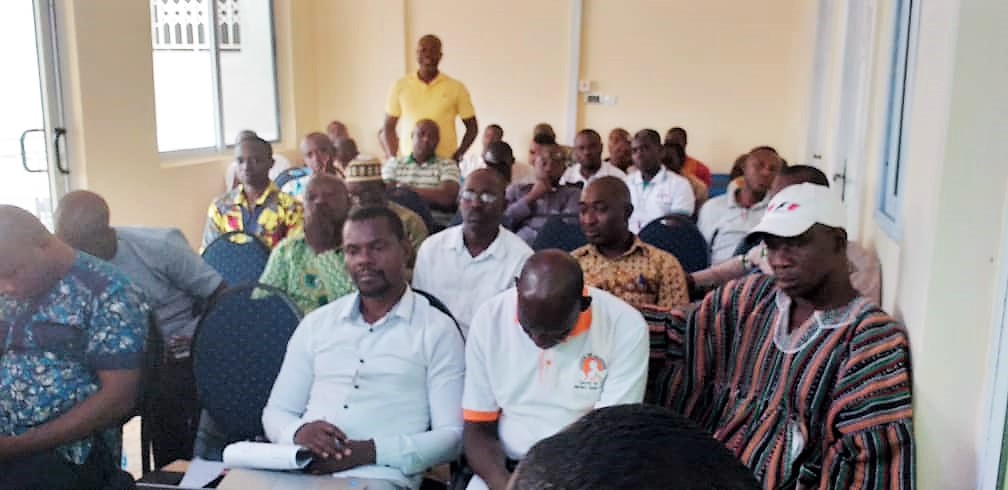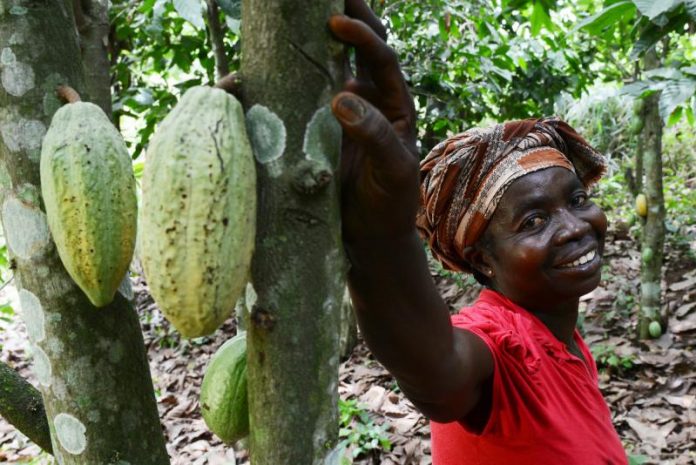|
Getting your Trinity Audio player ready...
|
An appeal has gone to stakeholders in the business sector to allocate irrigated lands to women for dry-season farming.
The appeal was part of the recommendations that came up at a one-day workshop organised in the Bongo District of the Upper East Region to disseminate research findings on challenges affecting several women farmers who belong to a group called the A-enbise Women Association (ABIWA).
The association has a membership of 378 women who are mainly engaged in farming, animal rearing and petty trading with funding and technical support from the Business Sector Advocacy Challenge (BUSAC) FUND and its donors, the Danish International Development Agency (DANIDA), United States Agency for International Development (USAID) and the European Union (EU).
The workshop had in attendance some key stakeholders including chiefs, traditional landowners (tindanas), assembly members, youth leaders, women farmers, officials from the Irrigation Company of Upper Region (ICOUR), officers from the Ministry of Food and Agriculture and representatives of the Bongo District Assembly.

The workshop, led by the association’s focal person, Patrick Anamoo, saw stakeholders draw a roadmap on the project findings to address the bottlenecks identified during the research. The bottlenecks are some customary practices, sacrifices to ancestors and inheritance among other factors reported to be blocking access to irrigated lands for women within the Vea Project Area.
“The project consultant adopted integrated participatory, facilitation and collaboration approach which was relevant because it allowed the consultant to engage properly with all the major stakeholders and other participants through brainstorming and discussion of the research findings. The roadmap was drawn for the next line of activities. It included the need to further deliberate and dialogue on the matter in order to come out with solutions such as the need to give portion of the irrigated land to women in the Vea Project Area because women are active and they take care of the families.
“Farming is the main source of income for most people in the northern part of Ghana and for the prolonged dry season, if women sit idle, it may cause rural urban immigration. Besides, women are better managers and, if given land, they can manage the family well and that will in the long term ensure poverty reduction and ensure equity. Women have a greater interest in farming than men,” Mr. Anamoo told newsmen at the close of the workshop.
Impressed with the research findings, the stakeholders requested for further engagement for the release of land to the women to support them in their quest for access to land for dry season farming.
Source: Daily Mail GH





